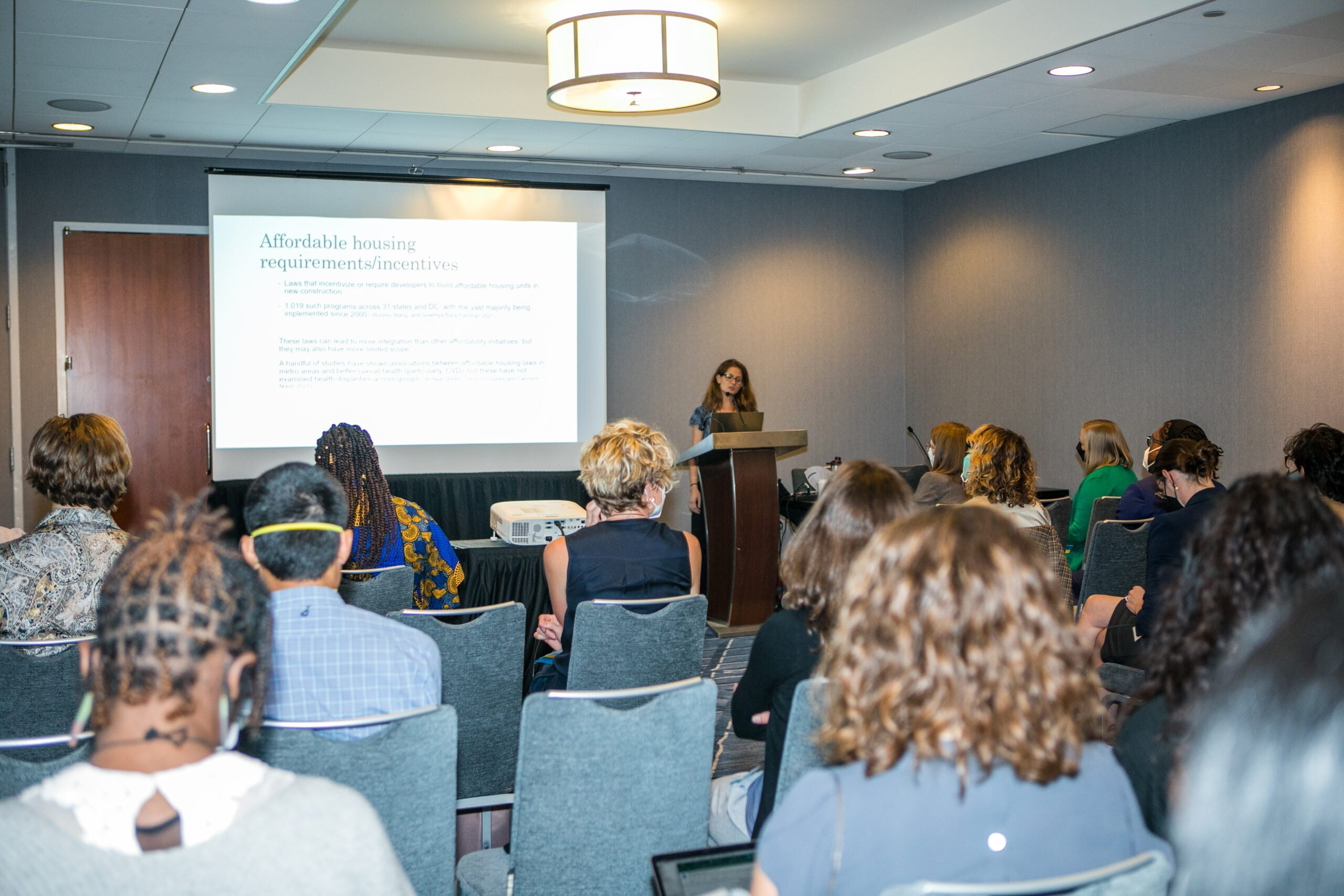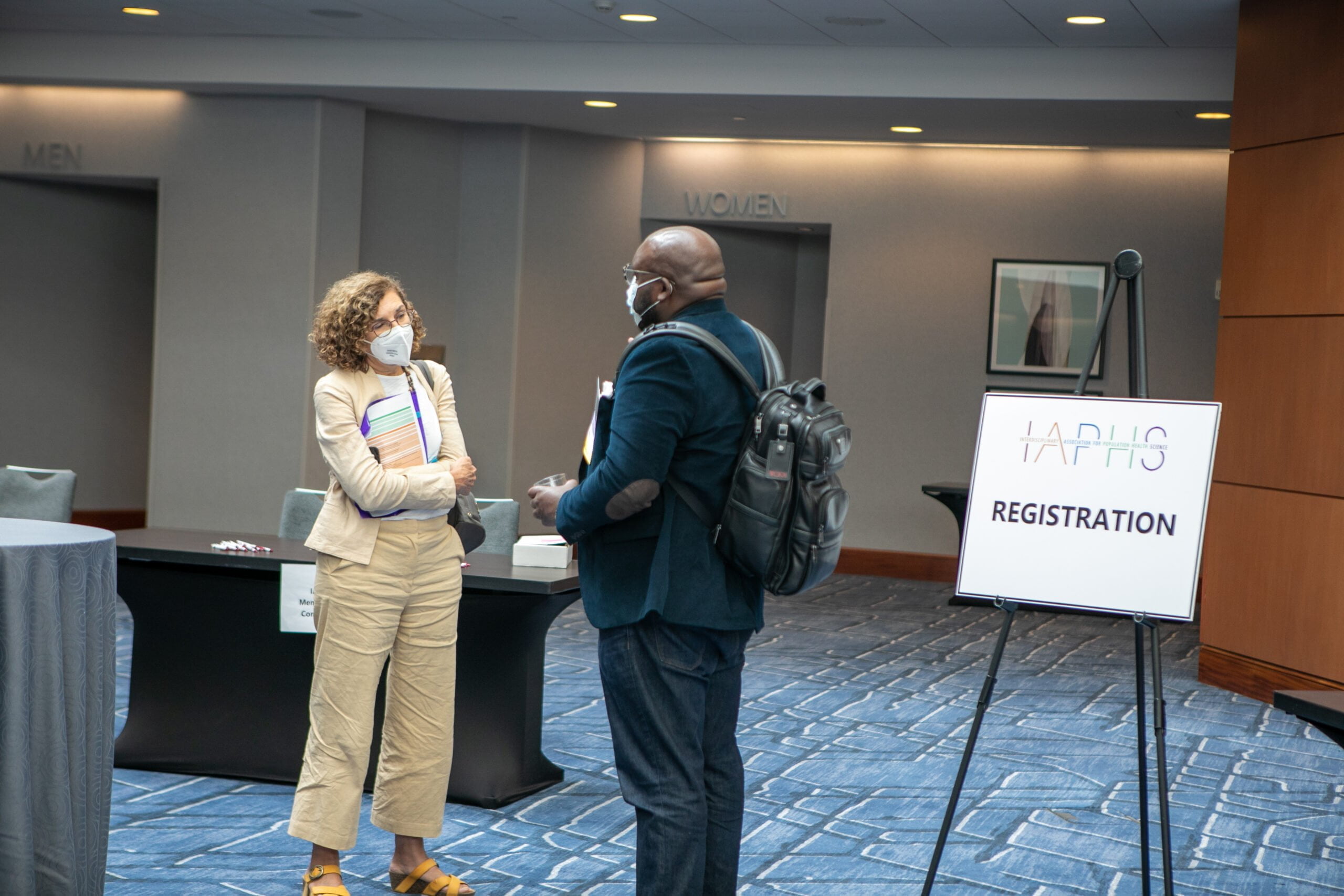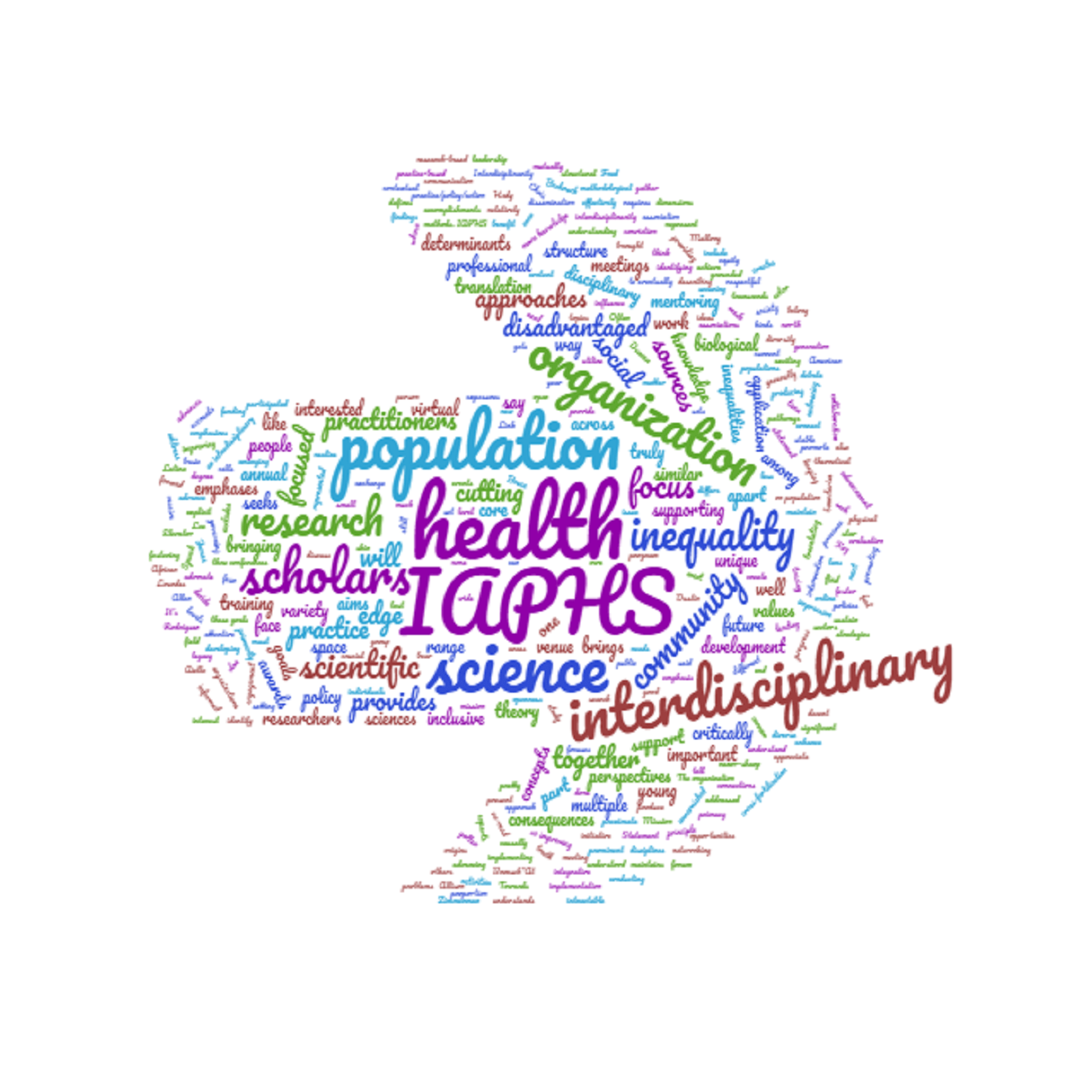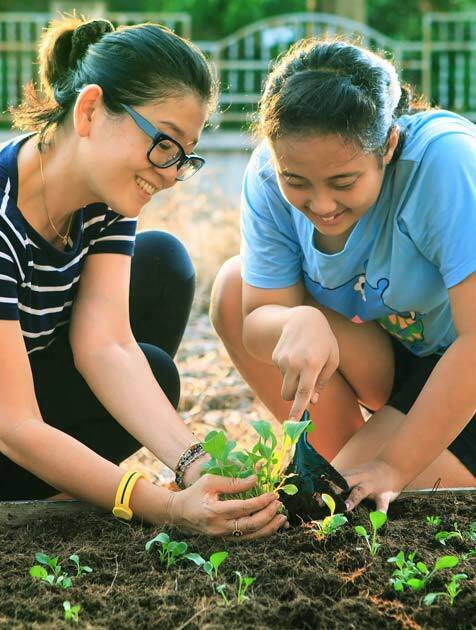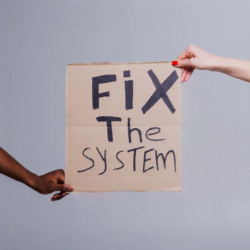Improving the Health of Populations through Science and Innovation
Population health science requires scientists from different disciplinary backgrounds to combine their knowledge and expertise to answer questions that individual disciplines alone cannot. The Interdisciplinary Association for Population Health Science (IAPHS) was founded to bring them all together. Learn More | Donate | Join
JOIN IAPHS
Ready to join a diverse, talented set of colleagues in tackling some of population health’s most important problems? Become a member of IAPHS!
IAPHS CONFERENCE
The 2024 IAPHS Conference, “Tackling declining life expectancy in the US: investigating social drivers and policy solutions” will take place on September 10-13, 2024 in St. Louis, Missouri.
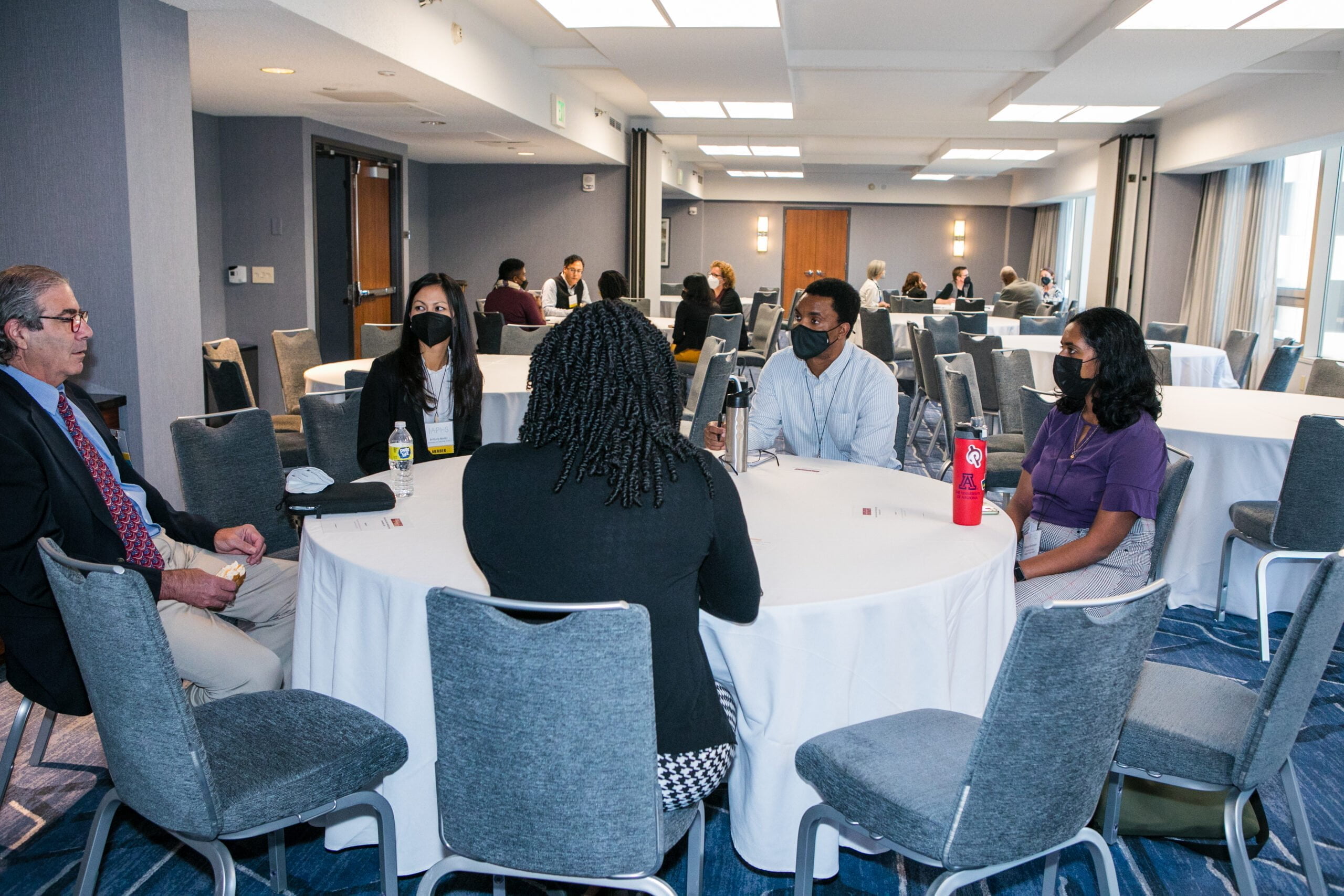
ONLINE EVENTS
IAPHS is pleased to offer online events throughout the year. In most cases, the online events will be recorded and available to IAPHS members to access.
Social Determinants of Health
“Of all the forms of inequality, injustice in health is the most shocking and inhuman….” –Martin Luther King Jr., March 1966
How long you live and how healthy you are depend in part on your race or ethnicity, your income, and even your ZIP code. In New York City, East Harlem residents live an average of 71 years, while those a few blocks away in the Upper East Side live to almost 90.
American health disparities reflect both current and historical inequalities. Systemic racism, environmental injustice, and economic disenfranchisement mean that health and longevity aren’t equally obtainable for everyone.
IAPHS believes that with interdisciplinary population health research and evidence-based policy, we can reduce disparities and improve health for everyone.
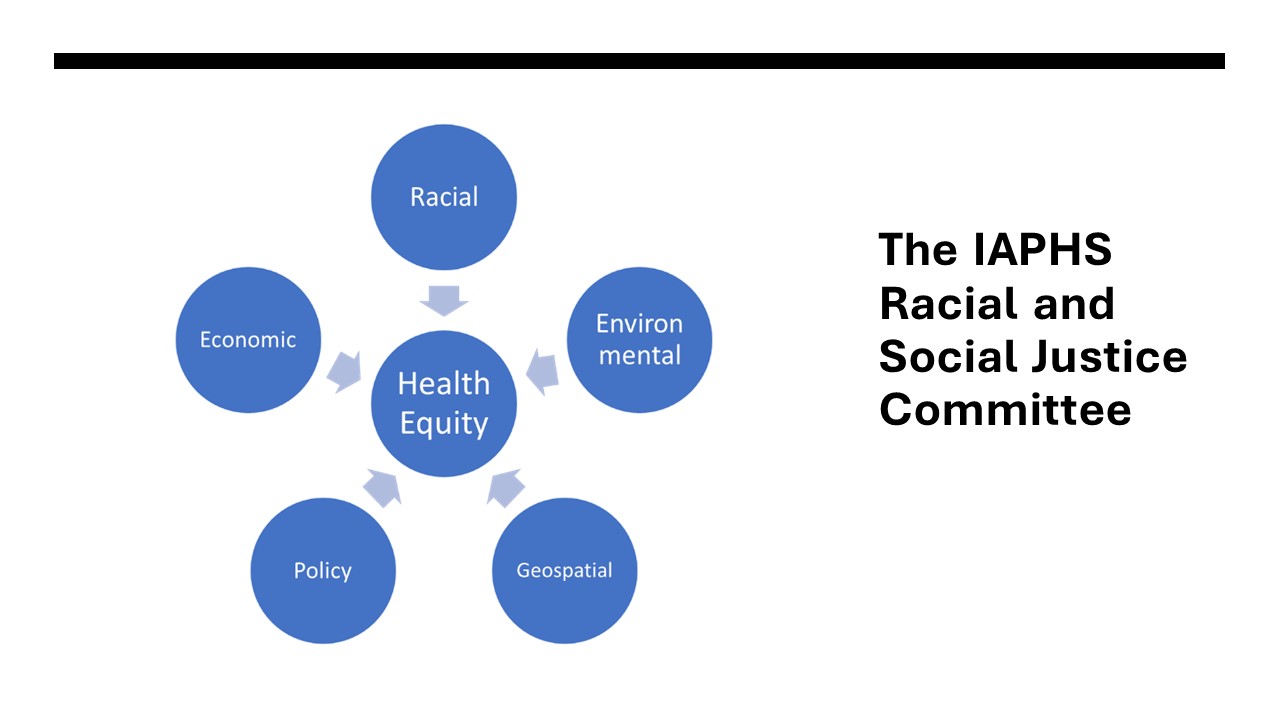
All Ideas Are Welcome: Advancing Health Equity for All
Introducing the newly formed IAPHS Health and Social Justice Committee.
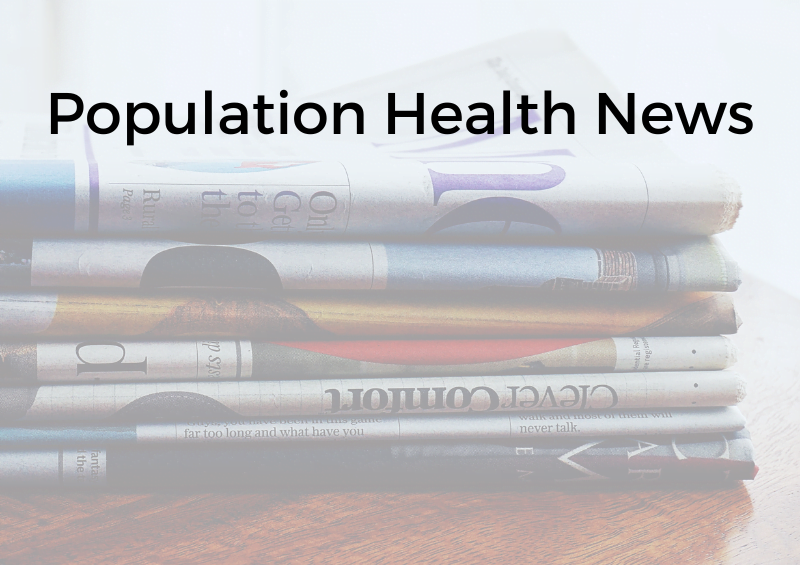
Population Health News Round-Up: June 2024
Loneliness disparities in LGBTQ+ communities, racial disparities in utility cutoffs and lung function tests, community violence and amygdala reactivity, and more.

Violations of Health Rights Under Taliban Rule:
Impacts on Afghan Women’s Physical and Mental Health
Since 2021, Taliban rule has caused great harm to Afghan women’s health.

Population Health News Round-Up: May 2024
Racial disparities in dementia and in cancer, environmental justice battles in Kansas, transportation as a social determinant of health, and more.

